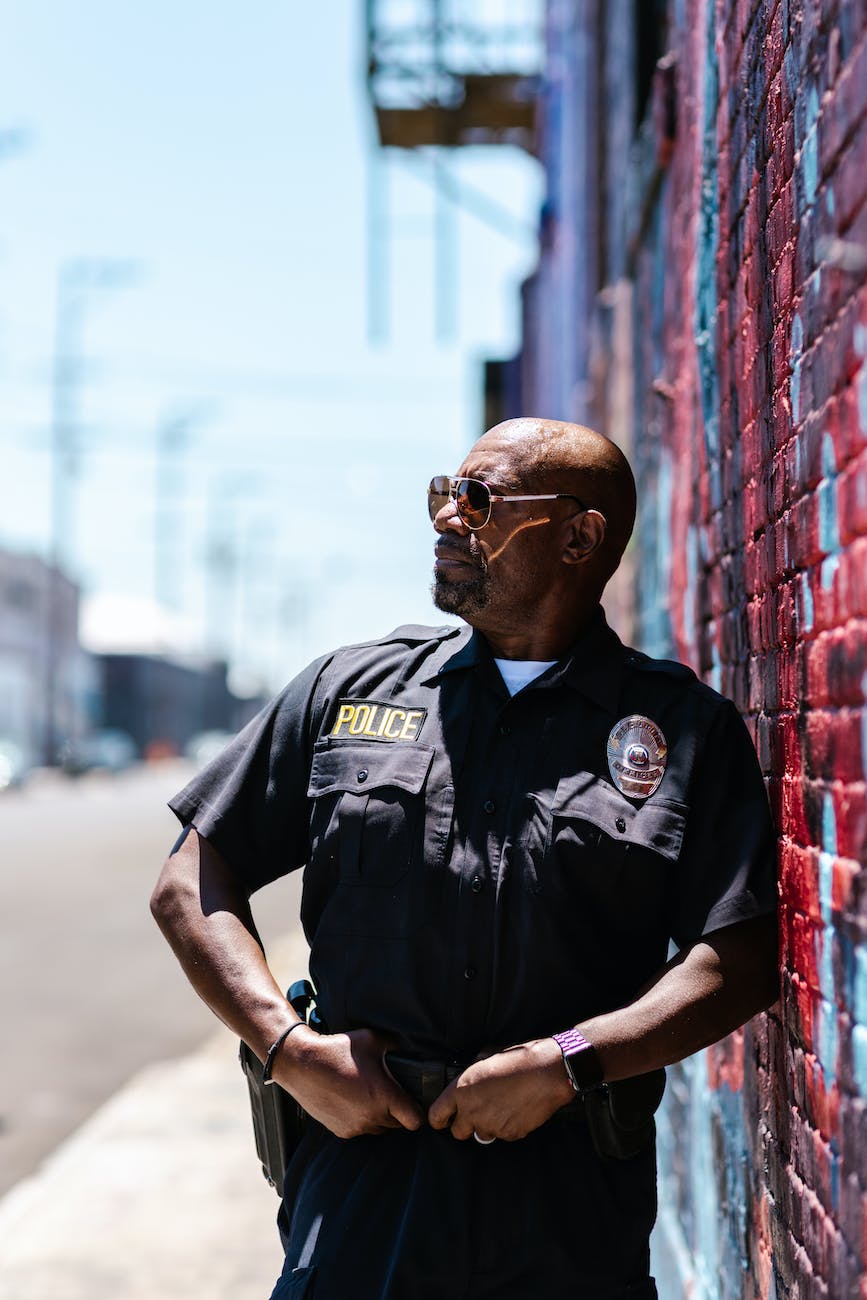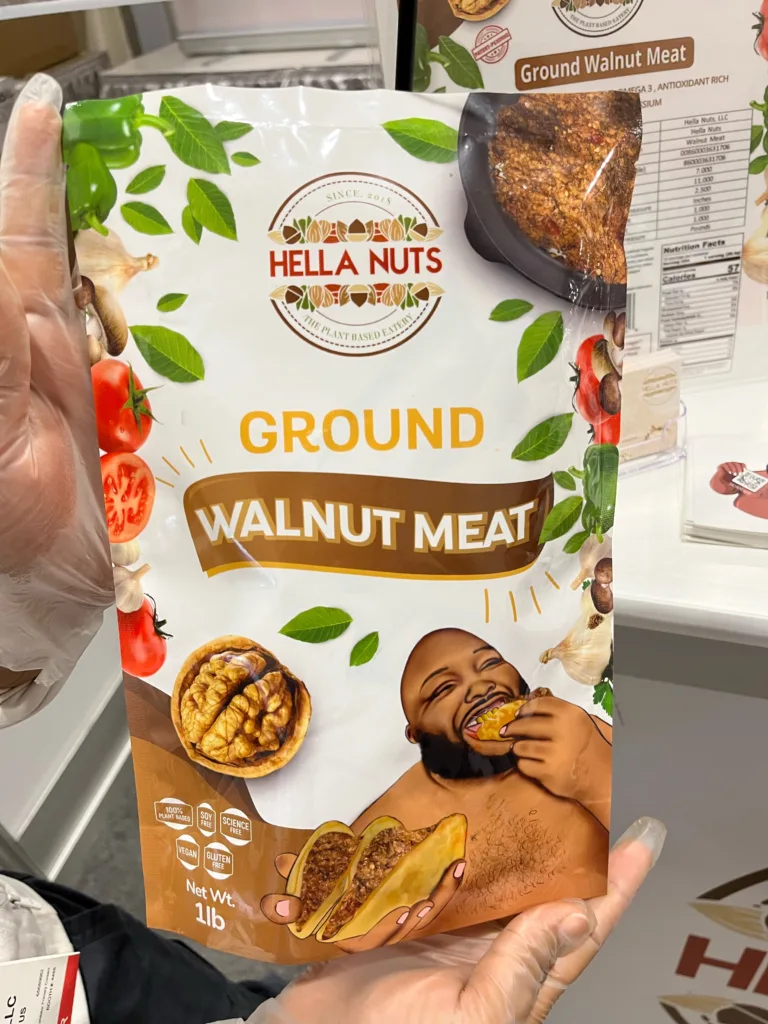Black Cops: Uncle Tom or John Shaft?
Today, I opened up LinkedIn to a pretty interesting discussion about Black cops. Deon Joseph, a Law Enforcement Consultant and Trainer, made a post about names he gets called with the ultimate message of not letting others define you.
One commenter mentioned that he was acting as if he were a victim, and going off on police officers in general, saying that they are not heroes. This spurred a backlash of comments by mostly white commenters who were outraged that anyone could insinuate that police officers are not heroes. Now this, of course, got my brain stirring.
Here is Deon’s post:
I get called a lot of things in the span of a week. Here is a list of them:
Sambo
Uncle
Ball’headed somofabyatch
Legend
Angel
Fat…? (That one kinda hurt)
Brainwashed House N@&$@
Bobble head
Male stripper
Sheriff of Mayberry
Uncle Tom
John Shaft
Action Jackson
Pig
Friend
A good man
A bastard
The Mayor of Skid Row
The White mans lap dog
Dedicated
Rambro
Officer God Daddy
Hobo lover
A big black fool
Clown
Saint
Big Brother
A N@&$& in a Uniform
Bleeding heartNone of these labels mean anything to me at the end of the day.
The ones that do are as follows:
Good husband
Good father
Good friendNo matter what the world thinks of you for good or for bad, remember it’s your real family and friends who truly know you.
I thank them all for their support in this crazy career called law enforcement. No matter your profession, know there are people who think the world of you.
Deon Joseph on LinkedIn
My response:
No human being should ever be spoken to in this way and I don’t condone such behavior. I too have known good people who have gone into law enforcement but I have also watched them sit silent when they felt powerless against their peers to speak out against things going on they thought were wrong. The power of the police isn’t an ordinary one and thus must be held to a higher standard.
The frustration that people have and their inability to see police officers as their personal heroes is because if they are Black or brown they often have to weigh where they are and determine the likelihood of whether seeking police assistance will be to their benefit or detriment.
I had an incident just a couple of weeks ago with the son of an Airbnb host who was aggressively racist, so much so that I felt unsafe and had to leave the property. I was in shock because it had been some 30+ years since I had experienced such a thing and was thinking times had changed. The first thing Airbnb support asked did I call the police.
My answer was no, I’m in SD I haven’t seen another Black person all day and I don’t know whose side they’d be on. For all, I know they could roll up with the attitude of who’s this Black woman causing problems. Too big a risk.
I’d like to add in that DC I’ve gotten police assistance several times with no issue. As a “professional Black woman living on the right side of town,” I don’t really have much to worry about in a diverse city. However, people shouldn’t have to weigh these types of respectability politics and that’s another factor to consider.
I think these nuisances are very hard for people to understand if it’s not a part of their lived experiences but it’s very scary to not know if you can truly trust those who are supposed to protect you.
The Big Picture:
- 52% of police officers report that it is not unusual for law enforcement officials to turn a blind eye to the improper conduct of other officers. (US Department of Justice)
- 61% of police officers state that they do not always report serious abuse that has been directly observed by fellow officers. (US Department of Justice)
- 43% of police officers agree with this sentiment: “Always following the rules is not compatible with the need to get their job done.” (US Department of Justice)
- 84% of police officers have stated in a recent survey that they have directly witnessed a fellow officer using more force than was necessary. (US Department of Justice)
- People who are African-American/Black are twice as likely to be killed by a police officer while being unarmed compared to a Caucasian/White individual. The reasons or circumstances of the deaths are not revealed. (The Guardian)
- The most common form of police misconduct in 2010 was excessive force. This is similar to the data that was collected in 2001 by the US Government. (Cato Institute/US Department of Justice)
- The second most common form of police misconduct is sexual assault. (Cato Institute)
Although we do have some Hollywood versions of celebrated Black police officers like Shaft (originally made famous by Richard Roundtree) and Ice-T on Law and Order, Black people have never had a good relationship with law enforcement in the United States.
From the days when we were considered chattel property until now, these shocking statistics are evidence that the police remain our tormentors. Many Black people only seek out police assistance when they are desperate and as a measure of last resort, not necessarily because we see them as heroes expecting that they will come to save us but rather because they are our last hope.
Sadly we have to accept knowing that when we seek police assistance, we risk that they might actually make things worse for us and that’s the reality of being Black in America.
Discover more from DG Speaks
Subscribe to get the latest posts sent to your email.





